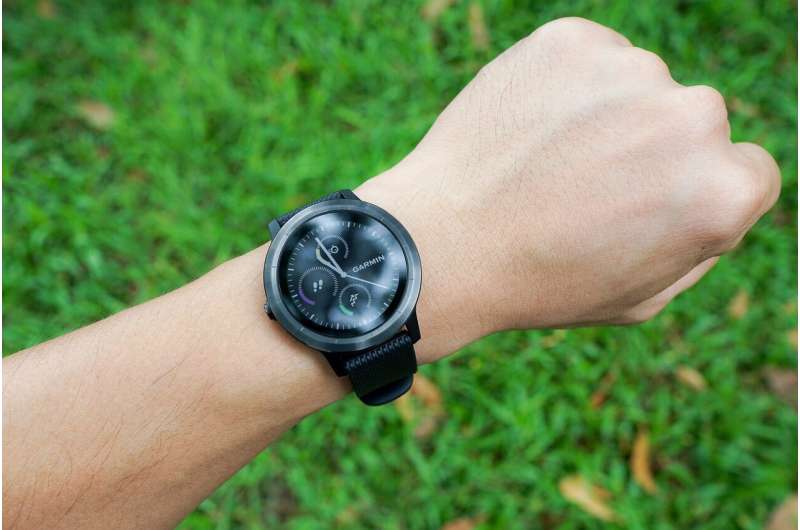Using Wearable Fitness Trackers Significantly Boosts Workout Adherence: Insights from Recent Research

Recent research shows that wearable fitness devices significantly increase long-term workout adherence, especially when combined with remote coaching, aiding effective health management for conditions like type 2 diabetes.
Maintaining consistency in physical activity is a major challenge for many individuals, with approximately half quitting their workout routines within six months. However, emerging research reveals that wearable fitness devices, such as smartwatches, can dramatically improve the likelihood of sticking with exercise programs. A recent study focused on adults recently diagnosed with type 2 diabetes found that those using wearable technology paired with remote coaching were seven times more likely to remain active after six months compared to those relying solely on coaching. This is particularly significant because physical activity plays a crucial role in managing type 2 diabetes by regulating blood sugar levels, enhancing cardiovascular health, and improving overall quality of life. Despite these benefits, around 90% of people with this condition fall short of weekly activity guidelines, citing barriers like low motivation and lack of tailored support.
The study involved 125 participants aged 40 to 75 from the UK and Canada. All participants worked with exercise specialists to create personalized plans aimed at increasing moderate to vigorous activity to 150 minutes weekly. Half of the group used smartwatches equipped with sensors, a mobile app for tracking, and personalized messages from coaches that adjusted based on real-time data. Results showed that smartwatch users were not only more likely to start exercising but also maintained higher activity levels over time—over 50% met recommended activity levels at the end of six months, versus 17% from the control group.
Participant feedback highlighted the importance of plan flexibility, personalized feedback, and motivation from technology data. These findings support broader evidence that wearables, especially when integrated with behavioral support, significantly foster long-term health habits. Advanced smartwatches now monitor metrics beyond steps, including heart rate and activity intensity, and systematic reviews indicate that such devices can boost daily steps by approximately 1,800, especially when paired with behavioral interventions.
To maximize the benefits of wearable devices, experts recommend setting realistic goals, scheduling regular activity, tracking progress, rewarding small achievements, sharing progress with others, and understanding that the device supports, but does not replace, behavior change efforts. When combined with supportive programs, wearable technology offers a promising avenue for sustainable physical activity, particularly for managing health conditions like type 2 diabetes.
Source: https://medicalxpress.com/news/2025-06-wearable-trackers-workouts.html
Stay Updated with Mia's Feed
Get the latest health & wellness insights delivered straight to your inbox.
Related Articles
Walking 3,000 Steps Daily at a Faster Pace May Reduce Heart Risks by 17%
Discover how walking just 3,000 steps daily at a faster pace can lower your risk of heart attack, stroke, and other cardiovascular events, especially for those with hypertension.
Is It Safe to Exercise When You're Still Sore from Previous Workouts?
Learn whether it's safe and effective to exercise when you're still experiencing muscle soreness after workouts, and get expert tips on recovery and performance.



